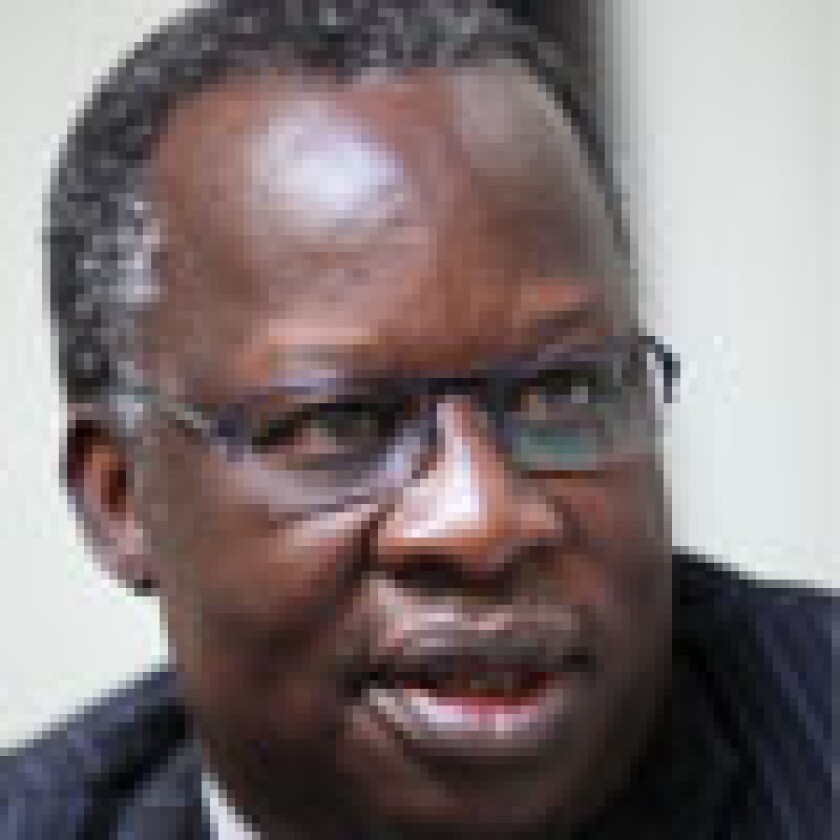Gata Ngoulou, Chad’s finance minister, told Emerging Markets: “A lot of people have said the IMF and the G20 have actually changed since the crisis, but we are yet to see these changes as far as we are concerned.”
Although IMF funding procedures have been streamlined in recent years, they remain too harsh for many fragile states, Chad included.
“They are telling us [that we] are going too fast in terms of investment, and they would like us to curb some of those. [They say] it would be better to save more money in case there is an economic relapse,” Ngoulou complained.
“The IMF is concerned with broad macroeconomic balances, which are impersonal and really have little concern with the situation on the ground.”
Chad, which signed a peace agreement with neighbouring Sudan at the beginning of the year, is now struggling to rebuild its infrastructure. A construction programme for schools and hospitals is underway.
Chad has so far failed to reach the completion point of its high indebted poor country (HIPC) programme with the Fund, due to the size of the public deficit. But the government feels that the IMF is constraining its efforts to invest in key sectors and kick off an industrialization process, while trying to address social needs.
“[IMF officials’] position is bit rigid”, Ngoulou said. “Chad will have 6% growth this year with a strong expansion in the non oil sector. Oil resources have helped to boost other sectors towards diversification.”
Meanwhile, Chad has been trying to mend fences with the World Bank after a row over the use of oil revenues.
Chad has become an oil producer in recent years, and most of its fiscal revenues now come from oil. The recovery in commodity prices has been a key factor enabling it to bounce back after the global recession.
Following a dispute with the World Bank two years ago, the Chad authorities have agreed to set up a new fund containing oil revenues that gives priority to development sectors. Only 30% of its resources are allocated to the state budget and 5% to financing in the oil producing region, “in order to avoid the kind of social protests that happen elsewhere,” said Ngoulou.
“We have a scheme with the IMF and WB, which is totally transparent, to repatriate all related-resources instead of leaving them in offshore accounts,” he said.
Nevertheless, Chad still features at the bottom of the governance ranking in Africa, just ahead of Somalia, according to the latest ranking issued last week by the Mo Ibrahim Foundation.
Ngoulou says the domestic situation is improving rapidly thanks to “massive” investment in infrastructure. “We will be on the emerging path within the next five years,” he said.
